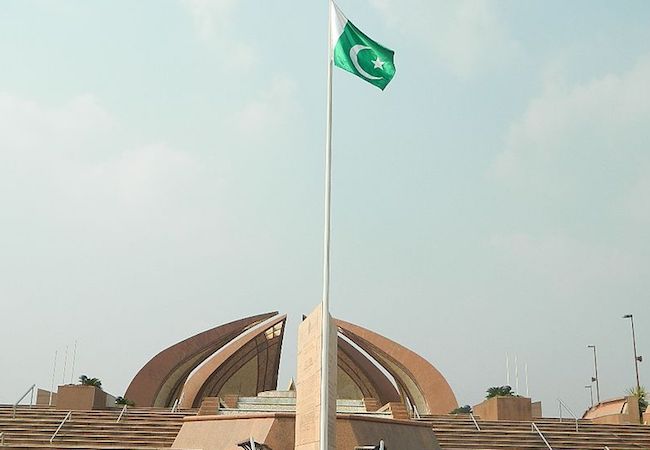
By M Waqas Jan
With the 73rdUnited Nations General Assembly currently underway, tensions in South Asia once again seem to be building up to yet another verbal battle between the delegations from Pakistan and India. As the Pakistani Foreign Minister and his Indian counter-part both arrive in New York, the mood between both sides remains sour owing to the recent cancellation of the proposed meeting that was to be held between the two on the sidelines of this summit. Thus instead of talks, the age-old issues surrounding Kashmir, terrorism and cross border violations are once again expected to take center stage in both Ministers’ speeches to the General Assembly.
However, it is worth noting that despite the appearance of escalating tensions, Pakistan is in a much better position diplomatically in light of the recent steps taken by key officials in India. These include the Indian Army Chief’s sudden sabre-rattling over the weekend, coupled with the confusion and inconsistency in the contradictory statements issued by the Indian Foreign Office.
The case of the latter arises from the fact that Pakistan’s offer for a bilateral meeting on the sidelines of the UNGA was at first accepted by India. It was then suddenly rescinded within a day, along with a strongly worded statement that not only questioned Pakistan’s motives, but accused it of harboring ‘Evil Intentions’ from which the ‘true face of its Prime Minister was revealed.’
Even in the long history of Pak – India tensions, the wording of this official statement marks a fresh departure from established diplomatic norms between the two countries. It harks back to the rhetoric employed by the hard-line Irani regime against the Bush led US Administration. Or the kind of statements made by the North Korean leadership as part of its carefully crafted narrative of defiance and belligerence to the world status quo. Both present examples of where international sentiment went against such fiery rhetoric as opposed to supporting it.
Coming from India however, the statements made by its army chief as well as its external affairs spokesperson appear at best as an over-reaction. At their worst, they come off as a grave miscalculation that has in fact played right into the narrative being posited by Pakistan. This narrative is linked directly to the unabashed and hard-line approach taken by the Modi government, in placating its vast political base of far right nationalists. Pakistan has long accused the Indian government of pushing forth an anti-Muslim and anti-Pakistan agenda, harking back to the days of Mr. Modi’s stint as the Chief Minister of Gujarat. The rise of religious intolerance and widespread political divisiveness in India are often cited as a direct result of Mr. Modi’s inability to promote peace and diversity within the region.
Based on the above, the recent cancellation of talks between the two countries’ Foreign Ministers is thus widely perceived to have been carried out within this same context. Especially with the Indian elections looming just ahead, many have pointed out that escalating tensions against Pakistan would greatly help in diverting the Indian electorate’s attention away from domestic issues. Channeling such anti-Pakistan sentiments, the incumbent government can thus position itself as the only credible deterrent to the bogeyman that Pakistan is being made out to be; In effect, uniting a fractured and divisive polity against an age-old historic enemy.
Considering how India has often accused Pakistan’s foreign policy of being made hostage to Civil-Military tensions and more or less defined by hawkish generals; it is extremely ironic to see how India’s own foreign policy is here being made hostage to local communal and political tensions amongst its own populace. While Mr. Modi may perhaps achieve some semblance of a political victory domestically, one wonders whether it is worth India losing its credibility as a key regional power internationally.
Based on this scenario Pakistan here has a unique opportunity in claiming the moral as well as diplomatic high ground by merely exercising restraint. Instead of playing into the bellicose rhetoric and being goaded in to a tactical misadventure, Pakistan should continue to push for talks emphasizing the need for peace and restraint. This should be done in spite of the inherent weaknesses on display within the Indian government and military.
Therefore, drawing on the century old dictum espoused by visionary US President, Theodore Roosevelt, Pakistan would do well to “Speak softly and carry a Big Stick,” in response to the increasingly bellicose rhetoric being espoused by India. While much has been made of the ‘Big Stick’ in the form of nuclear deterrence on the international stage, it is the diplomatic finesse required in ‘Speaking Softly’ that is to give Pakistan the edge within the current debates unfolding at the UNGA.




